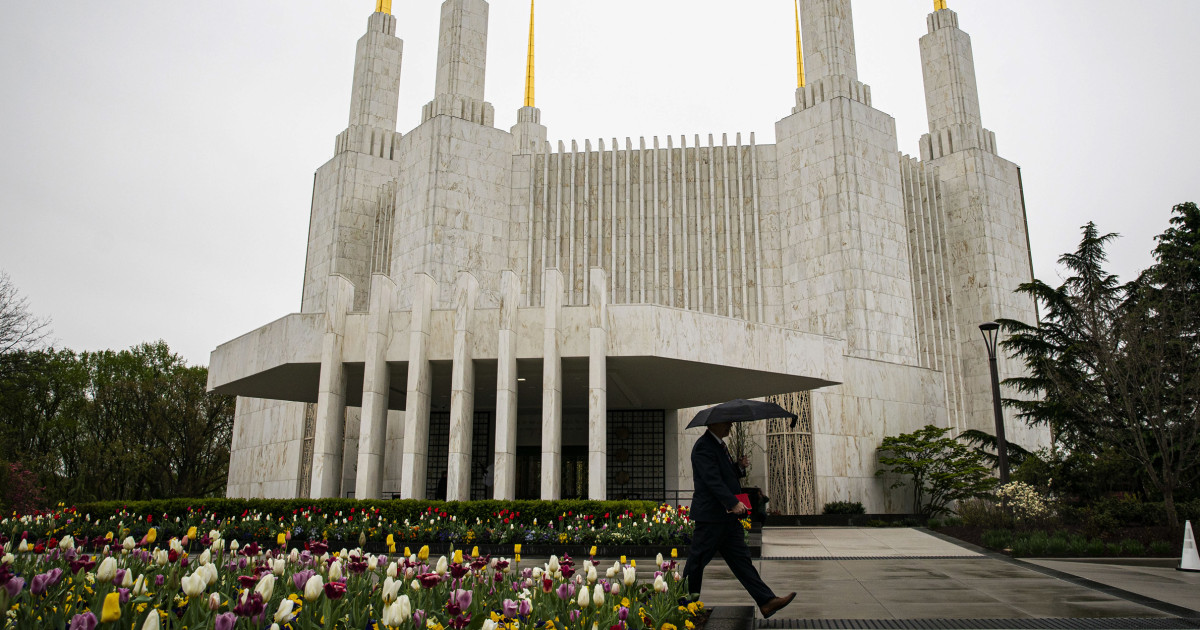The Church of Jesus Christ of Latter-day Saints engaged in the scheme for more than 20 years.
The Church of Jesus Christ of Latter-day Saints and a nonprofit entity that it controlled have been fined $5 million by the Securities and Exchange Commission over accusations that the religious institution failed to properly disclose its investment holdings.
In an order released Tuesday, the SEC alleged that the church illicitly hid its investments and their management behind multiple shell companies from 1997 to 2019. In doing so, it failed to disclose the size of the church’s equity portfolio to the SEC and the public.
The church was concerned that disclosure of the assets in the name of the nonprofit entity, called Ensign Peak Advisors, which manages the church's investments, would lead to negative consequences in light of the size of the church’s portfolio, the SEC said.
The allegations of the illicit shell company structure first emerged in 2018, when a group formerly called MormonLeaks – now known as the Truth and Transparency Foundation – claimed that year the extent of the church's investments had reached $32 billion.
The following year, a whistleblower filed a complaint to the Internal Revenue Service, according to a 2020 Wall Street Journal report; that year, the newspaper said the church's holdings had grown to $100 billion.
“For more than half a century, the Mormon Church quietly built one of the world’s largest investment funds,” the Journal said. “Almost no one outside the church knew about it.”
The SEC accused the church Tuesday of going to "great lengths" to avoid disclosing its investments and, in doing so, "depriving the commission and the investing public of accurate market information.”
“The requirement to file timely and accurate information on Forms 13F applies to all institutional investment managers, including non-profit and charitable organizations,” said Gurbir S. Grewal, director of the SEC’s Division of Enforcement, in a statement.
...


In authoritarian country they probably would have been under strict supervision so they couldn't form a state within the state and use their vast finances to influence government while inflitrating the state security apparatus.
In an authoritarian country people could (a.) see this shit coming, and (b.) act on seeing this shit coming. Maybe they would have been swept away before A Study in Scarlet had time to find a publisher.